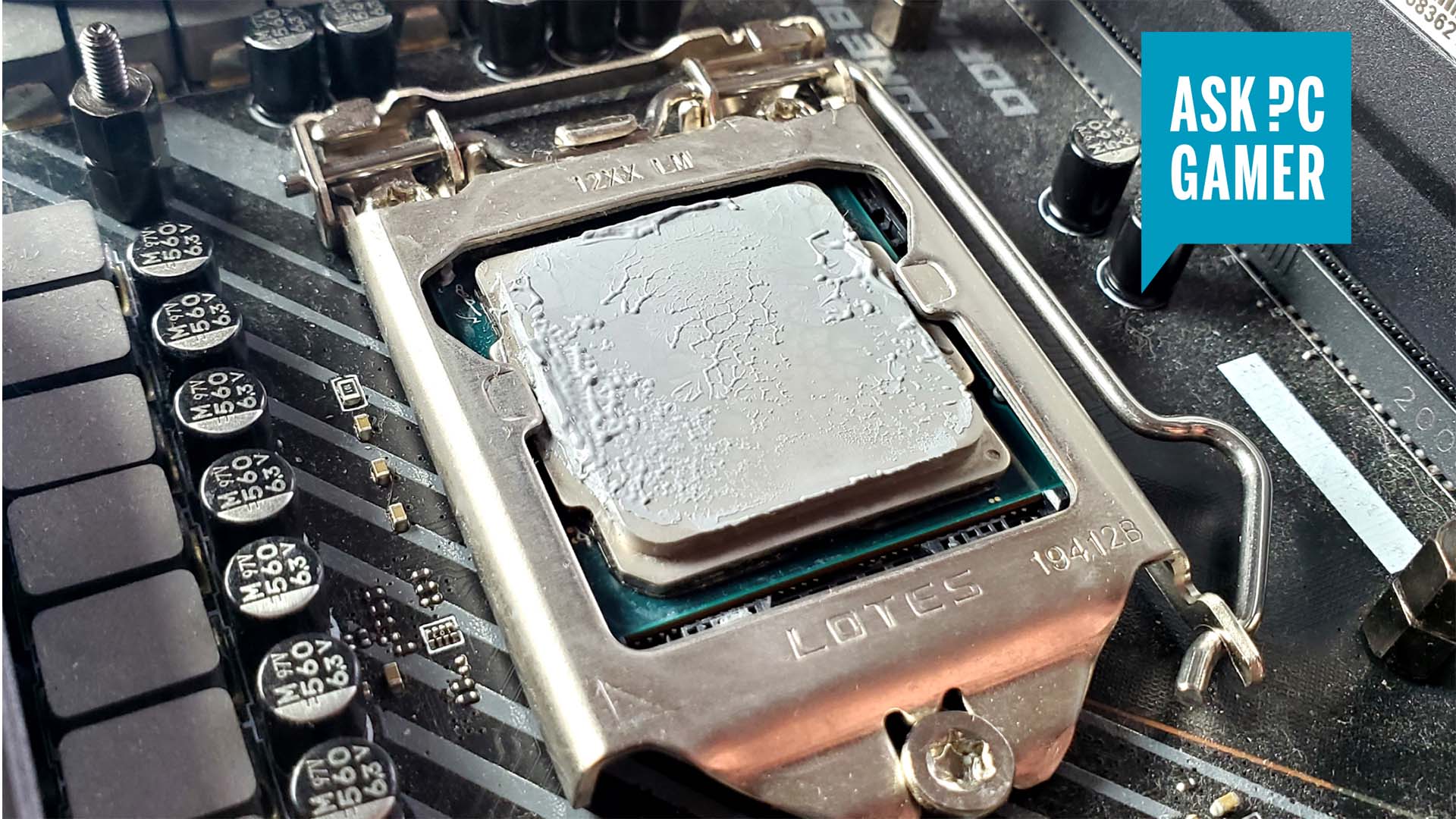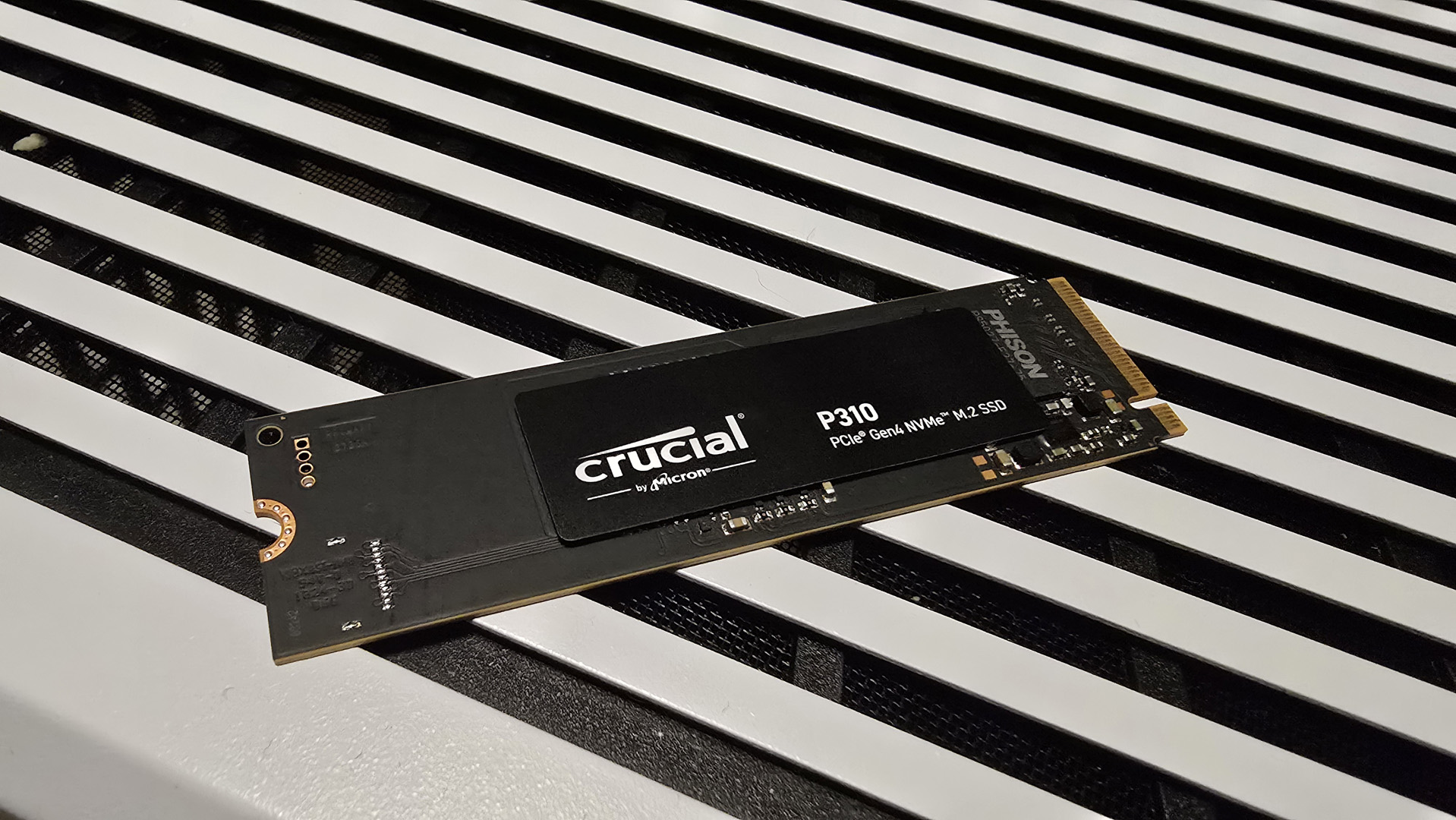How to quickly and cleanly remove thermal paste
Old thermal paste can inhibit cooling and make a mess, so here's how to get rid of it.

So you've recently decided to peel back your CPU cooler and look at the thermally-conductive paste, or what's left of it, stuck beneath. You brave PC builder, you. And now you want it gone.
Since you might be reading this with a phone in one hand and a messy CPU in the other, I'm going to cut to the chase: The easiest way to clean up old thermal paste is a paper towel.
Now some may say that near-infinitesimally small fibres from the paper towel will stick to the heat spreader and prevent adequate cooling, but so long as you're not rubbing the paper towel to tatters, you'll probably be just fine. We do it all the time at PC Gamer towers when we're switching chips and have never run into any trouble.
That said, when we really want to ensure a completely clean contact point, for thermal testing, we use a microfibre cloth to remove all the gunk with the minimal chance of leaving anything else behind. And when we really want to go the extra mile, we use a CPU cleaning solution or wipe.
The one we use at PC Gamer is called ArctiClean, and it comes in two parts. One part clears away the old thermal paste, and the other "purifies" the surface. Essentially you give the heat spreader a good spring cleaning. A microfibre cloth also works well here.
Better safe than sorry
The key to any CPU cleaning, especially once removed from the motherboard, is to hold only it by the edges and avoid touching any of the contact pads or pins on the underside of the chip.
It's pretty unlikely you'll do any damage to your chip being even moderately careful about it, especially when it comes to CPUs with pads rather than pins, such as Intel's (and AMD's upcoming Zen 4 chips). But it pays to take things a little slower when you're dealing with expensive and sensitive PC parts.
The biggest gaming news, reviews and hardware deals
Keep up to date with the most important stories and the best deals, as picked by the PC Gamer team.

Jacob earned his first byline writing for his own tech blog. From there, he graduated to professionally breaking things as hardware writer at PCGamesN, and would go on to run the team as hardware editor. He joined PC Gamer's top staff as senior hardware editor before becoming managing editor of the hardware team, and you'll now find him reporting on the latest developments in the technology and gaming industries and testing the newest PC components.

